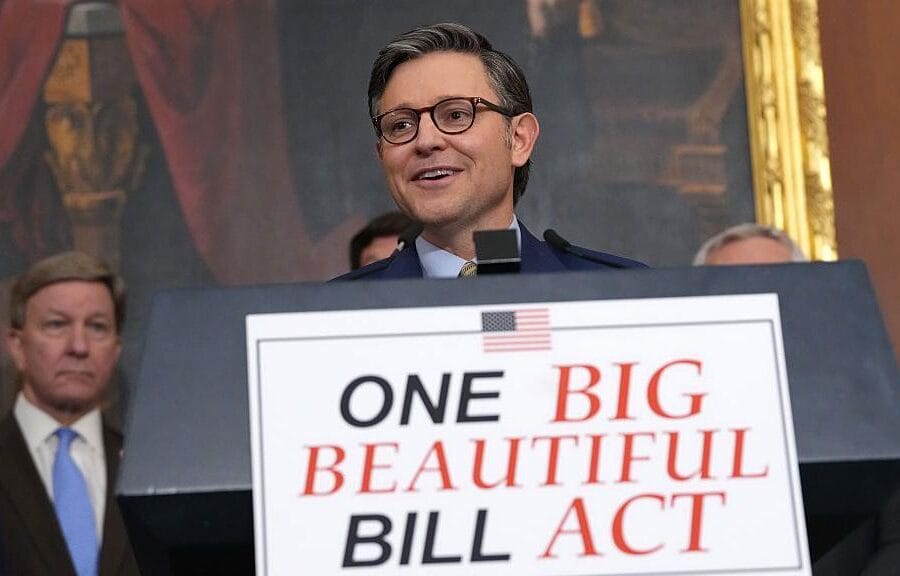
I write to wish you a happy birthday! On July 4, 1776, the Continental Congress adopted the Declaration of Independence and, thereby, the original thirteen colonies announced their determination to be free and independent of the British Empire. As Americans, this is the day we officially celebrate our national birthday and, as citizens, we all joyfully join in. So happy birthday to us all!
Do you remember the film, The Great Escape? The movie chronicles the true story of a massive, carefully-planned escape by British, Canadian and American POW’s from a supposedly “escape-proof” German prisoner of war camp. Most of the POW’s were British and Canadian; there were very few Americans, only 3. But on July 4, those 3 got together, attired as Revolutionary War soldiers, one playing the pipe, one the drum, and one carrying the flag, and they marched through the camp, proud to be Americans, to the joyous cheers of the other prisoners.
The moment delightfully illustrates several things about July 4 – Americans revere it, and others (non-Americans) do, too. The reason, of course, is that the War of Independence was a war against tyranny, political and cultural tyranny; the ideals for which the American colonists fought – freedom, fairness, and justice – and inspired the rest of the world.
Of course, it did take several years before the newly-free Americans settled upon just the right way to secure those ideals. But in 1789, the Constitution came into effect and, though amended twenty-seven times, it endures until today.
The Constitution, which was originally presented to the states as a “frame of government,” is in direct continuity with the political philosophy and ideals expressed in the Declaration of Independence. Indeed, the Declaration has been described as the “frame” within which the Constitution hangs.
The Constitution does “frame” our life together as a nation. Its vision is one of federalism, that is, limited government (leaving the citizens free to manage their lives) and separation of powers (between the legislature, the executive and the judiciary). Its animating principle is the knowledge of the abuses that unlimited government produces and a determination that this not happen in America. Hence, governmental power is based on the “federal” model – a limited national government and more-or-less sovereign states. Power, if separated, is limited, and liberty is secured.
Its first ten amendments – the Bill of Rights – were added specifically to secure (some) individual rights, such as religious liberty and freedom of conscience, freedom of speech, freedom of the press and fair trials. It is a splendid system of government, one that continues to inspire the rest of the world.
I remember when I first entered Harvard Law School. I was inspired by these American principles and hoped to find in the study of the “law” a clear understanding of how those principles were secured to Americans by the Constitution and the Declaration of Independence. Instead, I learned that many, perhaps most, of the professors believed in a “living” constitution, which, however attractive it may sound, really boils down to this: it abandons the principles of the Constitution for rule by judges.
The saddest example is, of course, Roe v. Wade. Therein, the Supreme Court purported to find a right to abortion through a tortured reading of an implied privacy right and a “liberty” interest under various Constitutional amendments. Let me assure you, as a lawyer, that nowhere in the original Constitutional text, or in its amendments, is the word “abortion” mentioned. Nor may such a “right” be fairly implied.
Indeed, Roe v. Wade is a contradiction to the legal and political traditions of the United States, as I hope my brief sketch above has shown. In fact, the guiding principle of American history is “equal justice under law.” America, faithful to this principle, has extended the protective circle of legal protection and recognition to those previously excluded, such as slaves, children, women. And it has done so by legal amendments to our founding documents, not by strained judicial interpretations.
Roe marked the negation of all this. However, as Americans have done before, we can reverse this and extend the circle of legal protection to the most vulnerable of all, the defenseless unborn.
On this 4th of July, let us be thankful we are Americans, blessed by the splendid system of the Declaration and the Constitution. Let us work to remove the contradiction in the heart of American liberty introduced by Roe v. Wade. In the tradition of the American patriot, John Paul Jones, let us resolve: we have not yet begun to fight!
God bless you, and happy birthday.



